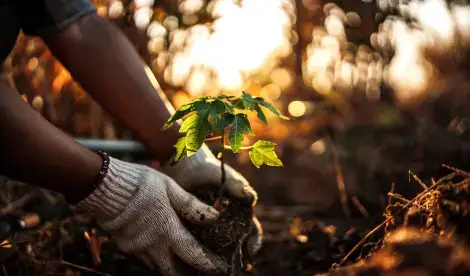10th July 2025 The sustainable business: Resilience as strategy
Resilience has become a permanent feature of business life. Over... Read more
Suggested:Result oneResult 2Result 3
Sorry, there are no results for this search.
Sorry, there are no results for this search.
View all peopleResilience has become a permanent feature of business life. Over... Read more
On 27 June, the Sussex Chamber Business Awards 2025 brought... Read more
The Sussex Heritage Awards were held on Tuesday 2 July... Read more
From Sunday 1 June to Monday 30 June, we took... Read more
Expert support for contractors and subcontractors under the Construction Industry... Read more
Our people make our firm. Meet the faces behind Kreston... Read more
Understanding the updates and changes in the 2025 Academy Trust... Read more
Merete Poulsen is an accounts manager in the Accounts and... Read more
If you’ve received a letter from HMRC about Making Tax... Read more
Celebrating local success, growth and innovation As proud sponsors, we... Read more
June saw the return of our annual Kreston Reeves summer... Read more
The Labour Government has, in its Spending Review, announced a... Read more












